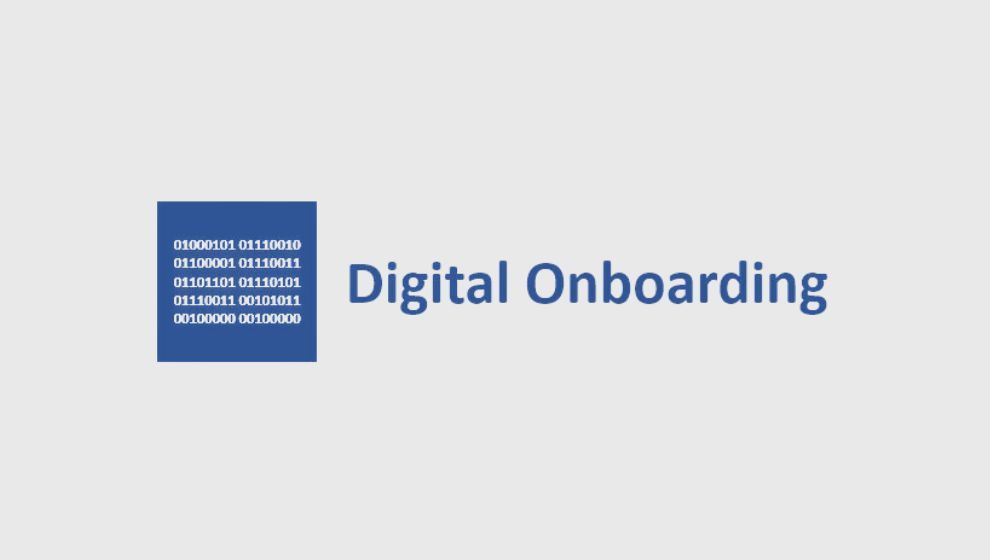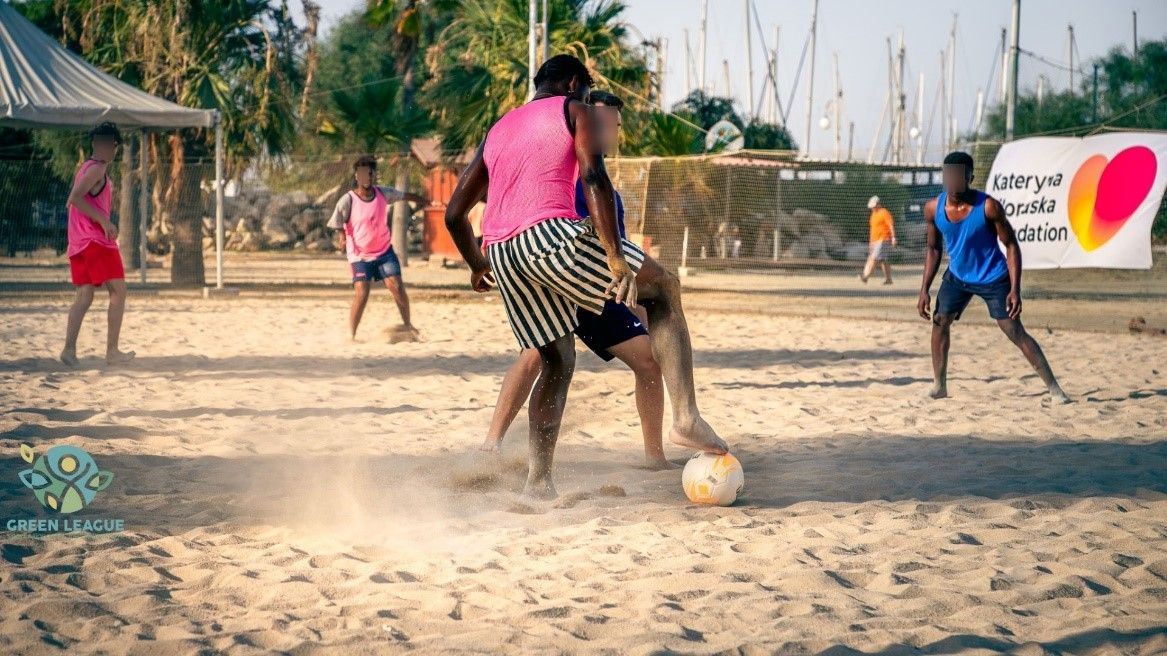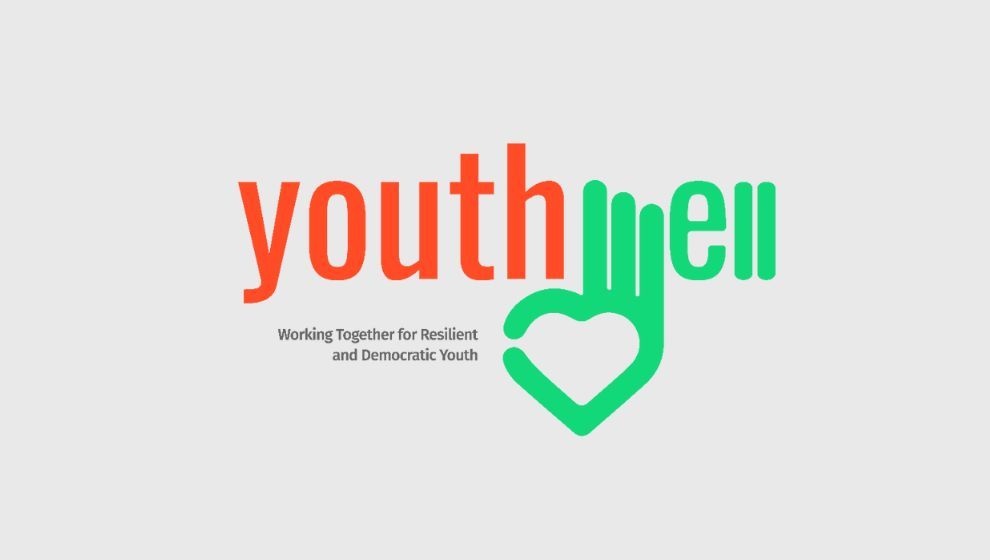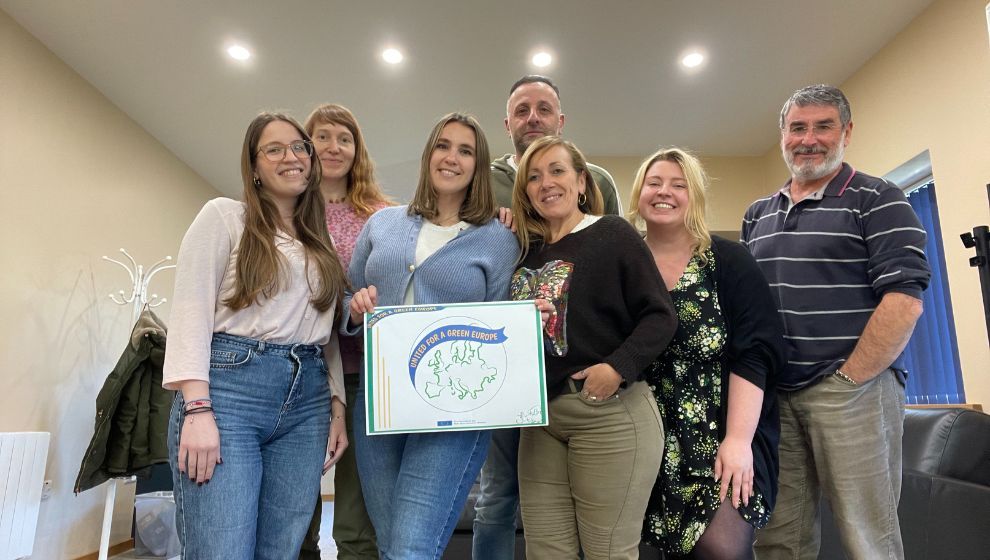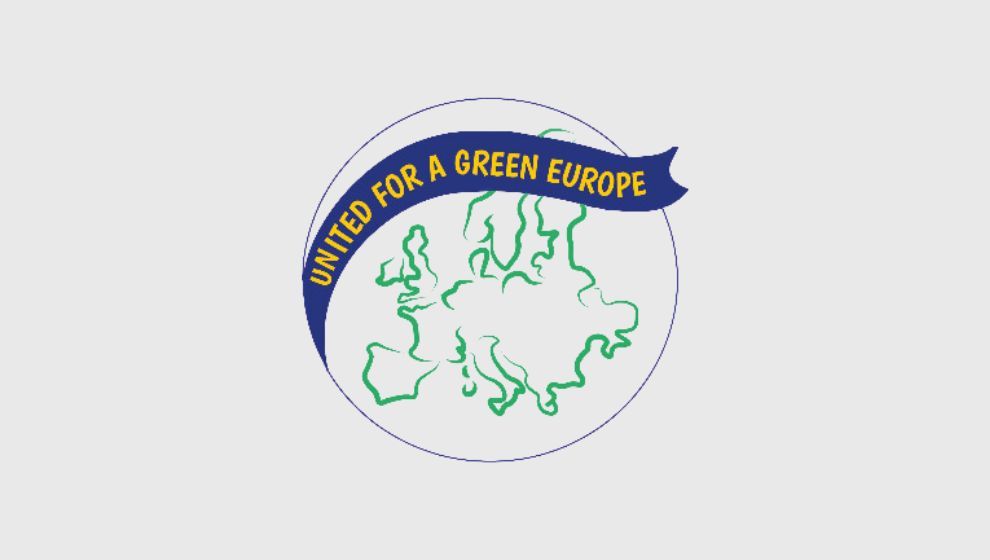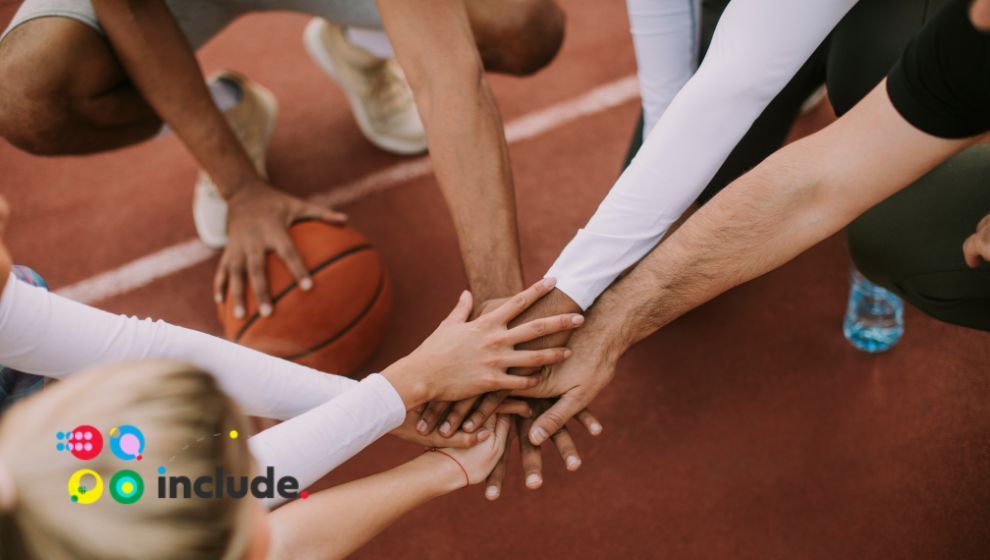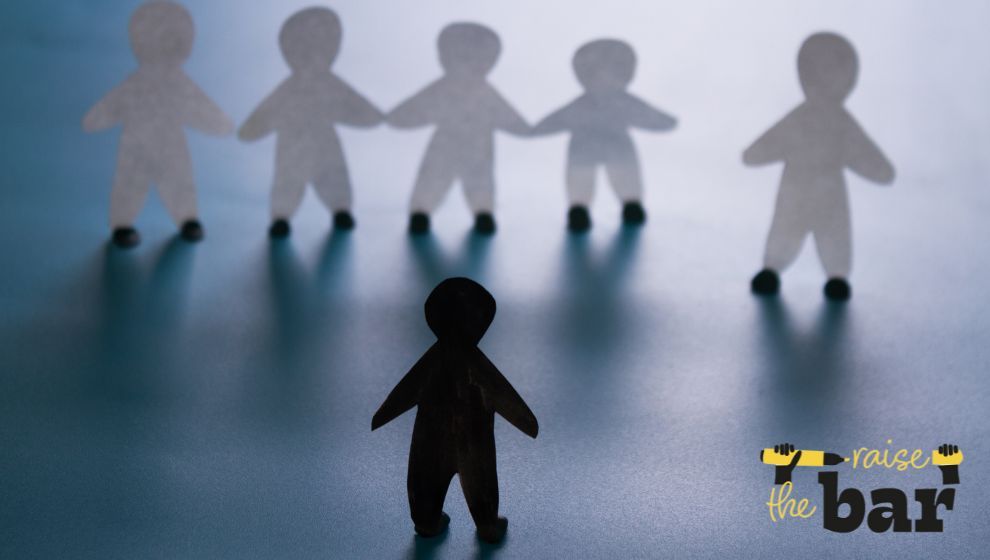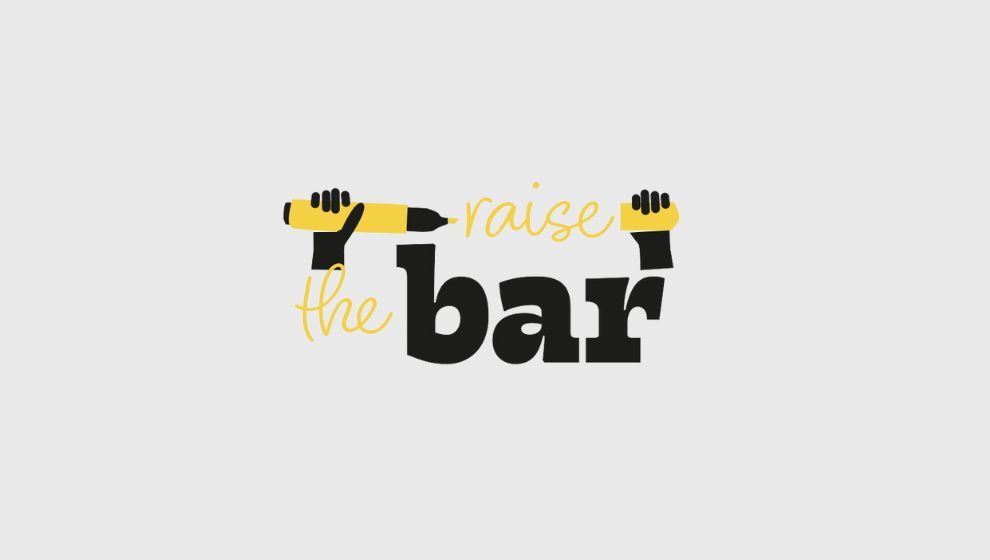From improving physical health to fostering a deeper understanding of social interactions and even building self-esteem – sports play an incremental long-term role in a child’s development. However, despite its potential for positive impact, discrimination remains a persistent issue in European sports, hindering equal opportunities and perpetuating larger personal and societal concerns.
Coaches, often regarded as leaders and mentors, have a significant influence over team culture and the skill development of an athlete. Most importantly, they play an instrumental role in the lives and personality development of young athletes. They are seen as role models and hold a special position influencing the way young athletes understand and approach not only the sport they are involved in, but also key aspects and issues in society.
To that end, it’s of utmost importance to understand that their role goes beyond the physical training and helping them understand the ins and outs of their sport. It also assumes helping young players develop as individuals and become better persons. Coaches need to guide and support them to develop their ability to work in a team, show respect towards others, and internalise the values of sportsmanship, fair play and integrity. It is therefore crucial for sports professionals and coaches to help shape inclusive environments where diversity is celebrated.
To be able to do so though, it is pivotal to offer them the support and guidance to be able to foster a healthier and more sustainable community both on and off the field. A recent study by the INCLUDE project, calls for a holistic approach towards supporting coaches and promoting inclusion in sports, presenting 4 key pillars to ensure its impact.
Training Beyond Physical
Integrating soft skills training into coaching programs is essential for equipping sports professionals with the knowledge and skills to serve as frontline ambassadors of inclusion and set the tone for team dynamics to foster a supportive environment.
By being offered adequate training, seminars, workshops that emphasise strategies and tools to build respect, empathy, and acceptance, coaches can empower athletes to thrive regardless of race, gender, ethnicity, sexual orientation, or ability. Adopting resources such as the INCLUDE curriculum and toolkit can provide sports professionals with a clear direction and thorough guidance to ensure that their sport club or team is a place of acceptance that leaves no room for discrimination.
Advocating for Inclusive Policies
Inclusion in sports transcends the playing field; it also calls for a robust policy support to combat discrimination. Reviewing regulations, enacting protective laws, and implementing government incentives are essential steps toward fostering inclusivity.
Gender equality, accessibility for athletes with disabilities, and anti-discrimination measures should be central to policy discussions, ensuring a fair and equitable sporting landscape. By addressing these issues on the higher level, while also offering guidance, reporting and support mechanisms to coaches can actively help them set and adhere to anti-discriminatory standards regardless of the division, sport or age group they are working in.
Expanding Funding Towards Inclusion in Sports
Investing in programs that promote diversity and inclusion is paramount. Allocating resources to initiatives aimed at leveling the playing field and providing equal opportunities for all athletes can drive positive change. By expanding funding for inclusion initiatives and actions, we can create pathways for underrepresented groups to participate and excel in sports.
With many funding bodies turning their attention towards this issue, one key factor in deciphering discrimination is creating targeted activities, projects and campaigns. Since the issue of discrimination in sports touches upon different elements and interpretations, the initiatives need to address a multitude of challenges, while adhering closely to the overarching aim and mutual direction.
Bringing Discrimination to Light
The results of INCLUDE’s study have also emphasised the need to raise awareness about discrimination in sports as a crucial step for sparking meaningful dialogue and driving change. The coaches who took part in the study are advocating for the identification and acknowledgement of prejudice and bias within sports organisations and in society as a whole. By ensuring that these incidents are neither ignored nor minimised, but rather are addressed appropriately, we can promote positive change and cultivate a culture of accountability.
By shedding light on the issues experienced, through social media campaigns, radio and TV ads, dedicated events and presentations, we can catalyse collective efforts to create a more inclusive and equitable sporting community.
What’s Next?
It’s a question that echoes through the halls of sports organisations, coaching academies, and government institutions alike. The journey towards true inclusion in sports is ongoing, marked by both successes and challenges.
However, as we look to the future, it is apparent that continued education and training are a key driver behind any meaningful change. By fostering meaningful collaborative partnerships, empowering athletes’ voices and driving forward research and evaluation – we can collectively improve our approach to education and training and ensure a long-term impact on inclusion in sports.
About INCLUDE Project
The INCLUDE project puts forward a comprehensive program, involving research, direct action and the development of learning resources, to educate and support coaches, executives and staff of sport academies working with young athletes (12-18 years old) so that they can actively contribute in tackling discrimination in youth sports. The Erasmus+ project focuses on promoting inclusion and diversity by taking concrete action to tackle existing barriers linked to discrimination in the field of youth sport.
